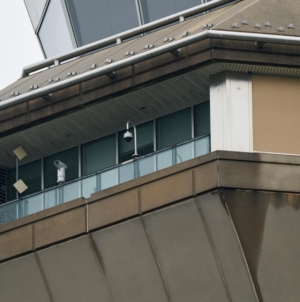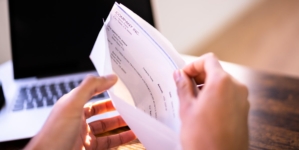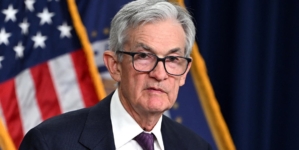Over the past year, Suzann Hernandez and Camilo Aguirre have put a lot of effort into lowering their energy bill. Beyond simple solutions like turning off lights or closing doors when either the heat or AC was on, the couple insulated their windows and kept the temperature set at a strict 76 degrees, even on the hottest days of summer.
Despite their best efforts, however, their energy savings strategy had little impact against a rate hike that went into effect in their home state of New Jersey on June 1. The increase, approved by the New Jersey Board of Public Utilities in February, raised the average electric bill for residents in the state by 17%, the utilities company informed customers in a letter sent out earlier this year.
“We thought it’d be, see at least like a $50 decrease,” Hernandez told CBS News’ correspondent Tom Hanson. “When we compared it to what we got this year, we only saw a $20 decrease.”
It’s not only residents in the Garden State who are feeling the pinch of higher prices.
“This is a national problem,” Dan Cassino, a professor of government and politics at Fairleigh Dickinson University, told CBS News.
According to a new report from PowerLines, a nonprofit focused on lowering utility bills, utility rate increase requests and approvals totaled more than $34 billion in the first three quarters of 2025. That’s almost double the $16 billion in requests and approvals over the same period in 2024.
Those rate hikes are expected to show up in the bills of over 124 million customers this year, PowerLines found. That will create economic hardship for customers For those Americans already struggling to make ends meet the hikes will mean additional economic hardship potentially affecting the wider economy, the organization said in its report.
By and large, customers nationwide are feeling powerless in the face of the escalating energy costs.
“It feels like there’s nothing we can do about it,” said Karin Gudal, an AES Ohio customer quoted in PowerLines report. “We can try to make our buildings as energy efficient as we can…but even that takes money.”
Data shows that utility prices for American households have continued to climb. According to the U.S. Energy Information Administration, residential electricity prices this year were up 11% in August from January.
Politicians, meanwhile, are using their campaign platforms to cater to frustrated voters.
In New Jersey, for example, rising energy prices is an issue gubernatorial race candidates have latched onto in the lead up to elections on Nov. 4. In their campaign ads, both Democratic candidate Mikie Sherrill and Republican candidate Jack Ciattarelli promise they will help curb energy bills if elected.
Cassino expects the issue, which has consumed the political race in New Jersey, will soon reverberate in races throughout the country.
“This is a harbinger of what’s gonna happen next year in the midterm elections,” he said. “This issue’s not going to go away. It’s not like the power bills are going to go down.”
Edited by
Anne Marie D. Lee



























